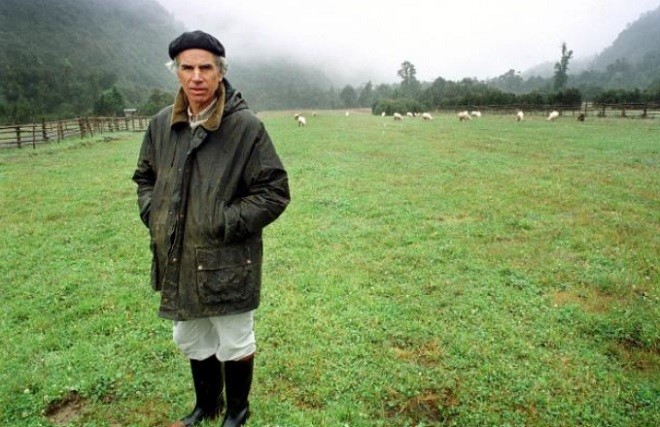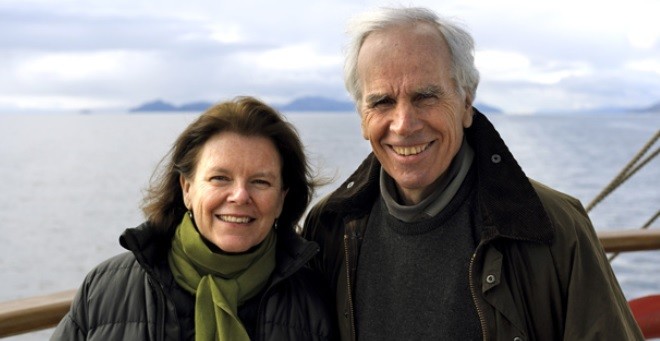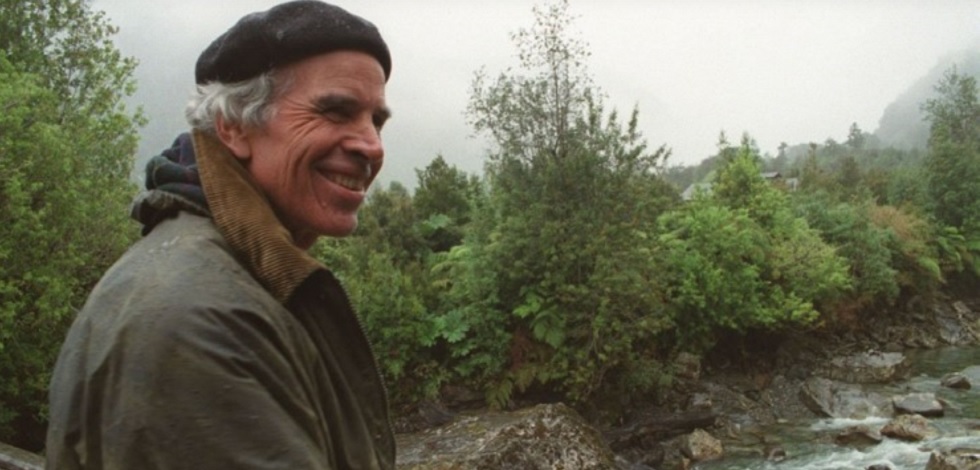Man of Action :: Remembering Douglas Tompkins
Wealthy businessman. Adventurer. Outdoorsman. Douglas Tompkins was all of these…but he’d probably like to be remembered most for being a conservationist.

The co-founder of The North Face and Esprit died on 8 December 2015 following a kayaking accident in Chile. According to reports, high winds and strong waves caused his kayak to capsize during a crossing of Lake General Carrera in Patagonia. Exposure to close-to-freezing water temperatures led to severe hypothermia, and despite being helicoptered to a hospital in Coyhaique Tompkins died several hours later.
However, Tompkins put his 72 years on the planet to good use and has left a significant environmental legacy behind him for future generations to enjoy. Tompkins co-founded TNF with his first wife Susie in 1966 as a small ski and backpacking retail and mail order company in San Francisco. He sold the business in 1969. Also co-founded by the husband and wife team, Esprit had humble beginnings. The roots of the brand can be traced to the back of a VW bus, from which the couple began selling clothing with a friend in 1968.
The taste for adventure was strong though, and in 1968 Tompkins undertook a 5000-mile road trip with companions including outdoor brand Patagonia’s founder Yvon Chouinard. The goal? Surfing, skiing and climbing their way from California to Patagonia, with the eventual aim of summiting the daunting Cerro Fitz Roy, a mountain that had previously only been summited twice. They put up a new route on the mountain, and created the adventure film Mountain of Storms documenting the road trip.
By the early 1990s Tompkins had separated from his wife and sold his interests in Esprit. His passion for land conservation and environmental activism led to Tompkins relocating to Chile, and the formation of the Foundation for Deep Ecology and the Conservation Land Trust in 1990 and 1992 respectively. In 1993 he married his second wife, former Patagonia CEO Kris Tompkins, and together they embarked on extensive conservation projects in Chile and Argentina, including the creation of national parks.

Though they spent vast sums in purchasing land for these projects, conservation was always the top priority – and land was donated back to the state on the condition that it would remain protected for conservation purposes. Tompkins’ conservation efforts didn’t go down well with everyone – campaigning against developers who posed a threat to precious natural environments, as well as industries such as logging which he considered environmentally harmful, Tompkins landed himself in hot water on more than one occasion with local businesses and the Chilean government. However, others did agree with and recognize his efforts – Tompkins was the recipient of numerous conservation awards from organizations such as the African Rainforest Conservancy, the International Conservation Caucus Foundation and the American Alpine Club.
From creating successful companies, to living the thrill of outdoor pursuits and making great strides in conservation, one thing is evident. Douglas Tompkins was a man of action, and his efforts will live on as a lasting reminder of someone who embraced life to the full and campaigned to leave the world better than he found it.





 Carry Awards
Carry Awards Insights
Insights Liking
Liking Projects
Projects Interviews
Interviews















